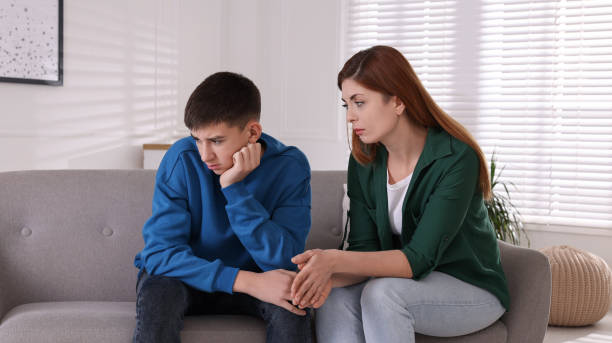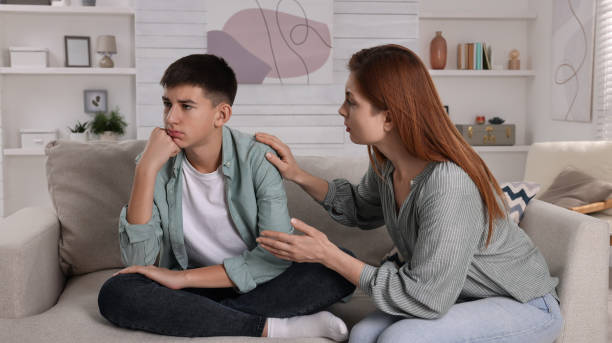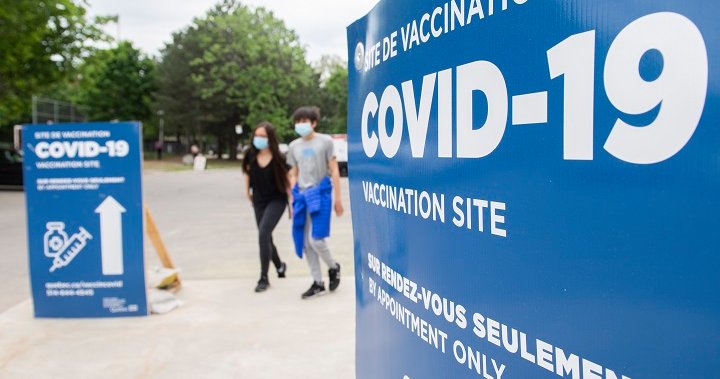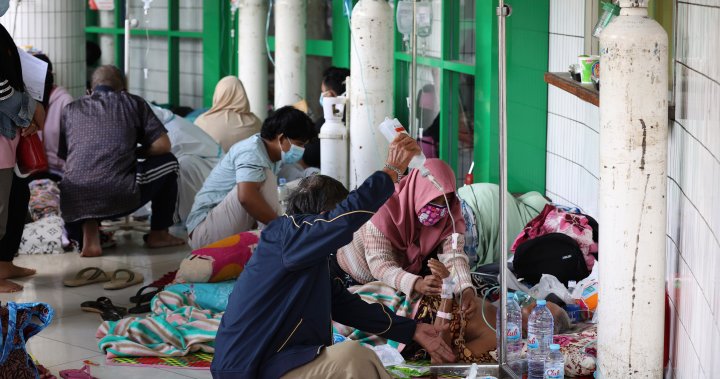Teenager Refusing Mental Health Treatment: The process of negotiating the difficulties of growing up while also dealing with issues related to mental health can make adolescence a trying period. One of the most important topics to be discussed is whether or not it is acceptable for a kid to refuse mental health care. It is crucial for both teens and the adults who are involved in their care to have a solid understanding of the rights, concerns, and ramifications associated with this subject.
Table of Contents
The Rights of Teenager Refusing Mental Health Treatment
Teenagers, just like adults, have rights, and one of those rights is the freedom to make their own choices about their medical treatment. When it comes to treatment for mental illness, these rights can, however, become somewhat complicated. The laws in different parts of the country determine the extent to which adolescents can refuse therapy or provide their permission to it.
Understanding Legal Considerations
The legal age of consent for medical treatment could be different from the legal ages for other legal rights in many different countries, which can make the situation more complicated. Legislation frequently takes into consideration a variety of issues, including the age of the teen, their mental ability, and the type of therapy that is being sought.
To successfully navigate these legal waters, clarity is required on the regulations that regulate mental health care, particularly as they pertain to the treatment of children. Is it permissible for an adolescent to defy the requirements of the law by refusing treatment for mental illness? Legal professionals strongly recommend gaining a comprehensive awareness of the applicable local rules.

Considerations for Teenagers and Guardians
It is not an easy choice to decide against receiving treatment for mental health issues. It entails a variety of issues, including ethical, emotional, and practical factors, for both the teenager and their guardians to take into account.
Ethical Deliberations
Concerning a teenager’s autonomy and their capacity to make informed decisions about the mental health care they receive, there are ethical debates that arise. In ethical judgments, it is crucial to have an understanding of a teenager’s competence to appreciate the repercussions of refusing something.
It is common practice for a teenager, their parents, and mental health specialists to engage in conversations in order to strike a balance between the youngster’s autonomy and their well-being. When individual rights are weighed against the requirement for sufficient care, striking a balance between the two can be difficult.
Can a Teenager Refusing Mental Health Treatment?
It is possible for adolescents to voice vehement opposition to therapy for a variety of reasons, including anxiety, shame, or discomfort. However, this rejection is not an absolute one, especially when it comes to circumstances that are regarded to be life-threatening or harmful to their health.
Examining Situations of Refusal
The teenager’s refusal to receive treatment for mental health issues may result in an examination of their mental condition. It is possible that professionals may evaluate the adolescent’s level of comprehension about the repercussions of their rejection as well as the potential threats to their health.
FAQs on Teenager Refusing Mental Health Treatment
Can an adolescent defy their doctor’s orders and refuse mental health therapy, even if it’s recommended for their own good?
Teenagers can, in certain circumstances, refuse therapy; nevertheless, it is essential to conduct assessments to determine whether or not they have the mental ability to do so.
Is there ever a time when a teen’s unwillingness to participate in anything may be ignored?
Yes, particularly in circumstances in which the teen’s refusal to undergo the procedure poses a significant threat to their life or health.

How do parents or guardians negotiate arguments with their adolescent children over the treatment of mental illness?
The key to successfully resolving these types of arguments lies in maintaining open lines of communication, seeking the counsel of professionals, and gaining an understanding of the teenager’s point of view.
In the event that a recommended medication makes adolescent patients feel uneasy, what alternatives are available to them?
They need to voice their concerns to mental health specialists so that those professionals may investigate other possibilities that are more in line with the teenager’s level of comfort.
Is there a requirement for legal amendments to accommodate the rights of adolescents with relation to the refusal of mental health treatment?
Legislators should take into consideration the autonomy and well-being of adolescents while debating potential revisions to legislation that would better match them with the changing requirements of society.
How can our culture lessen the stigma associated with adolescents who refuse to get treatment for mental health issues?
Reducing the stigma attached to issues pertaining to mental health can be accomplished in part via the promotion of understanding, education, and awareness initiatives.
Conclusion About Teenager Refusing Mental Health Treatment
There are several factors to take into account while attempting to answer the question of whether or not a kid can refuse treatment for mental illness(Teenager Refusing Mental Health Treatment). These factors include legal, ethical, and personal considerations. Teenagers certainly have rights, but the choice to reject mental health treatment needs to be made after careful consideration, taking into account both the teenager’s autonomy and their own well-being.
How can our culture lessen the stigma associated with adolescents who refuse to get treatment for mental health issues?
Reducing the stigma attached to issues pertaining to mental health can be accomplished in part via the promotion of understanding, education, and awareness initiatives.




